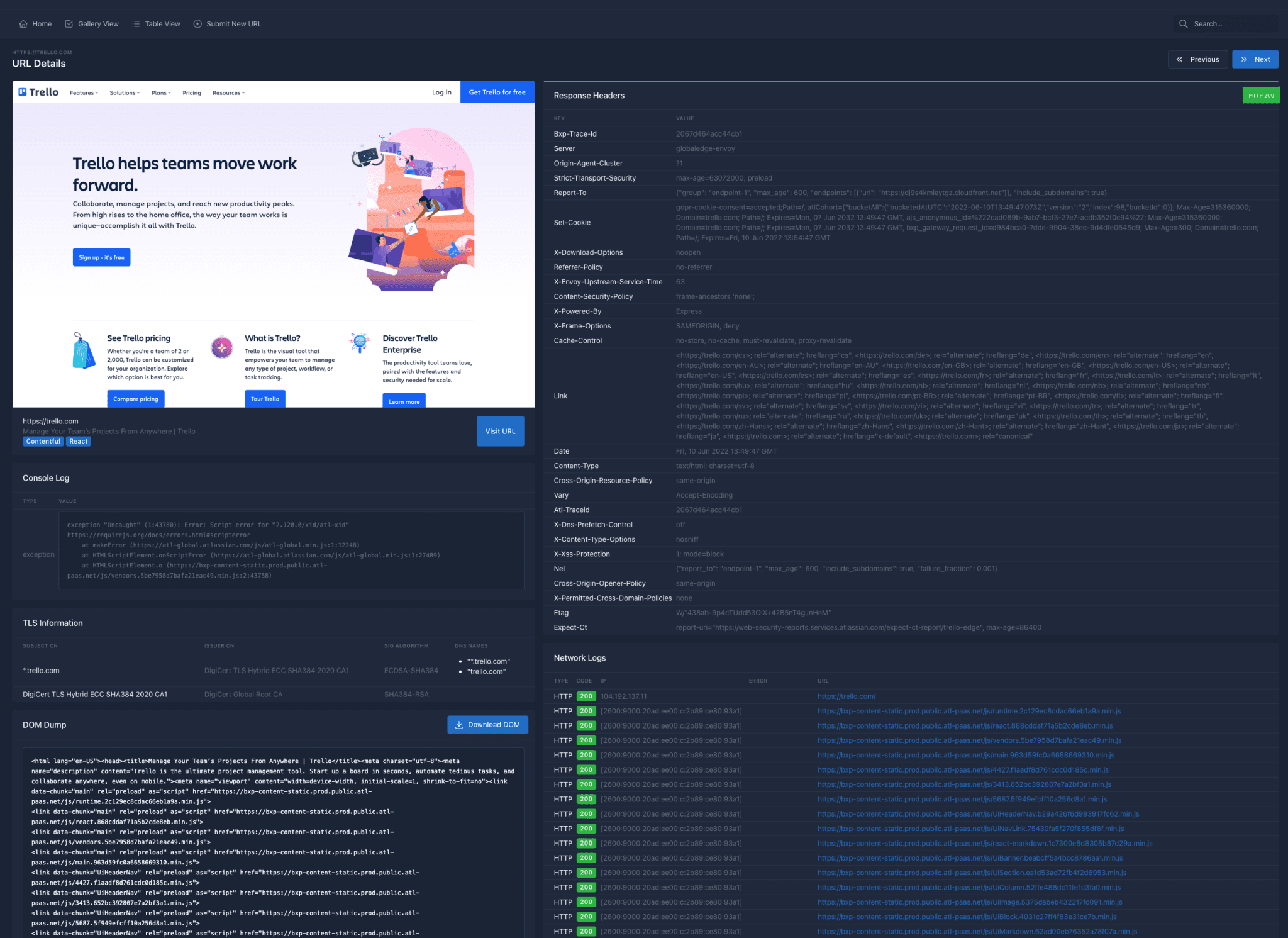Intel decided to close the RealSense business
About ten years ago, Intel began to enter the emerging fields of wearable devices, AR/VR, smartphones/tablets, and robots to further promote the development of the enterprise. However, the results of most projects were not ideal, and eventually, projects such as smartphones, AR/VR, and wearable devices were suspended.
Intel launched the 3D RealSense camera (3D RealSense) in 2015 and then brought RealSense technology to HTC Vive glasses. At the beginning of this year, RealSense ID face recognition technology was also announced. It can be said that Intel has paid a lot for hardware support and software development. In fact, Intel has developed a considerable number of RealSense brand products, including various types of cameras, lidars, ASIC chips dedicated to vision processing, and other equipment.

According to CRN reports, Intel has decided to close the RealSense computer vision department, which means that Intel’s product portfolio of high-tech cameras and sensors for robotics, 3D scanning, drones, industrial monitoring, and other forward-looking applications has ended. At the same time, Sagi Ben Moshe, the head of the department who has worked at Intel for ten years, will also leave. Intel said it will fulfill its current customer commitments, and related development talents will be adjusted to develop other support functions for its core business.





